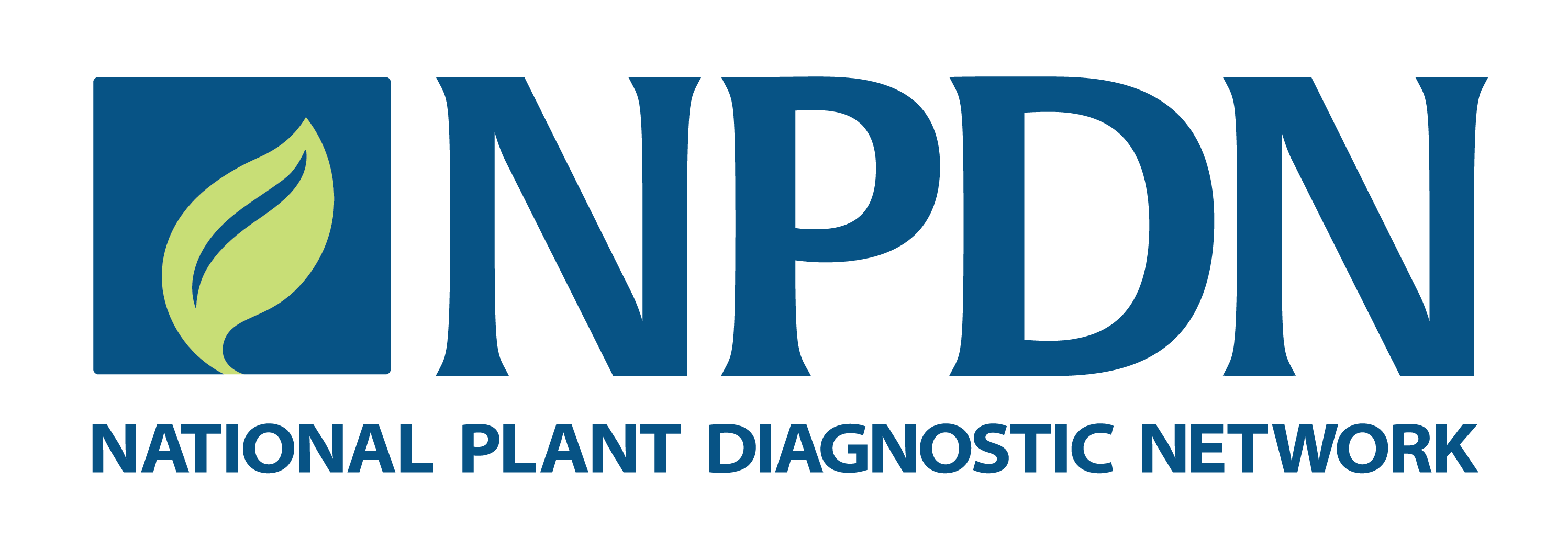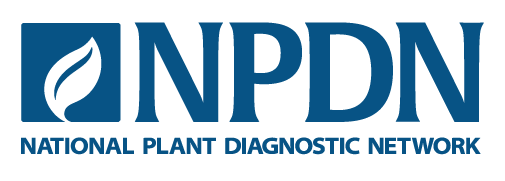Joe LaForest, Associate Director – Center for Invasive Species and Ecosystem Health
The Communicator: Volume 5, Issue 10, October 2024
Different resources have been created in an attempt to share documents and protocols between labs and diagnosticians. Several of these were static resources such as folders of word documents passed among cooperating labs. These were effective but lacked the ability to easily compare between labs or know when a document had been updated by the original authors. Other solutions, like the Diagnostician’s cookbook, were meant to be dynamic and frequently updated, but fell short as they were not part of a lab’s daily activities and did not allow for customization by individual labs. While each has had some utility, there continues to be room for improvement.
As part of the 2015 Combatting Rose Rosette Disease (RRD) Specialty Crop Research Initiative grant (2014-51181-22644), an online system was developed for sharing documents between diagnostic labs and allowing those labs to indicate their willingness to provide testing for RRD. The original purpose was locating testing services for RRD confirmation, ensuring participating labs used common protocols, maintaining a history of changes to any document, providing notification when documents update, and associating a specific protocol used in confirmation with each field report. Fortunately, the system was built to be broadly applicable to similar situations with support for version control and other functionality needed for lab accreditation. Since EDDMapS (Early Detection and Distribution Mapping System) was being used for receiving the citizen scientist reports of RRD and allowing verifiers to manage follow-up on unconfirmed reports, the lab document sharing and service listing was built as part of it.
No system survives without funds to both maintain availability and continue development to meet the needs of the users. As that SCRI project was ending, the Southern IPM Center provided support through its grant to continue the availability of the lab tools (2018-70006-28884) and continues to make sure any of the currently developed tools will be available for any labs that want to use them (2022-70006-38002). This has been augmented by development funds from NPDN to expand functionality of the lab tools based on user feedback and the needs of the NPDN committees, labs, and members.
This article is an open invite for anyone wanting to use the lab document sharing and service listing system and help plot its future development. It is provided at no cost to users. Both the Southern IPM Center and the Center for Invasive Species and Ecosystem Health at the University of Georgia (historically known as Bugwood) will continue to support what is built. Bugwood still has some development funds remaining from the NPDN. We had a new developer join the team on October 1st with this being one of the position’s tasked projects. With many labs working toward accreditation and a definite need for an easy to use, well-maintained source of lab documents, work instructions, and standard operating procedures this is a great opportunity to reach numerous stakeholders that can provide relevant and needed feedback to move this project forward.
If you are interested in getting involved or you are just checking out what is available, here are a few ways to engage:
- Contact me (laforest@uga.edu) with your lab name and who you would like to be included in your lab. I’ll get you added and you can try everything out.
- If you don’t want a lab setup, you can take a look at this presentation Elizabeth Bush and I presented at the 2022 NPDN Meeting. Most of the features that are listed there as coming soon have been released and it gives a good summary of the key features.
- Every two weeks, we hold office hours. Our next scheduled meeting time is October 25 at 1:00 pm Eastern Daylight Time. While we may have other meetings focused on just the lab document system, this is a great opportunity to get help on a routine basis for all of our Bugwood Tools and/or check in on the latest developments.
- Subscribe to the NPDN Communicator and watch for lab system updates.
If you have any questions or comments, feel free to reach out to me directly.

